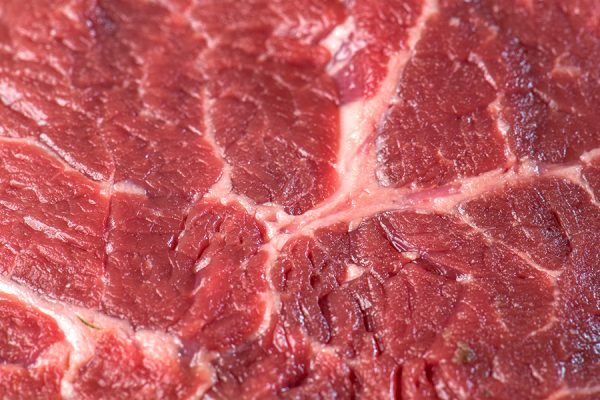Beta Alanine, latest fitness supplement
Beta alanine or 3-aminopropanoic acid is a non-essential amino acid (non essential means that can be produced in our body) that owes its name to the fact that its amino group is not in the alpha position, but in the beta position.
Beta alanine contributes to the production of carnosine in the body, a dipeptide formed from beta alanine and histidine and since histidine is more abundant than beta alanine, the limiting factor for carnosine synthesis is the concentration of beta alanine.
It is also a component of anserine and pantothenic acid (vitamin B5).
Carnosine has antioxidant properties and reduces the acidity produced by the accumulation of lactic acid during exercise, especially in high intensity exercises. Therefore, this compound has the ability to reduce fatigue and improve sports performance. Fleshy acts as a buffer for intracellular pH


Supplementation with beta-alanine
Supplementation with beta-alanine appears to be much more effective in increasing the concentration of carnosine in muscle than direct supplementation with carnosine.
Beta Alanine appears in foods of animal origin, especially in red and white meats, eggs, dairy and fish. Vegetarian and vegan diets can create a deficit of this amino acid, so supplementation with beta alanine is recommended in this type of diet.
Beta alanine supplements increase carnosine levels in muscle by up to 60% in 4 weeks and close to 80% in 8 weeks, this translates into greater resistance to fatigue and performance improvement especially in high intensity exercises .
Beta Alanine attenuates neuromuscular fatigue especially in older people, which is why it is considered an aid in anti aging therapy.
Supplementation with beta alanine is suitable in athletes of strength and power, sprinters, in the development of muscle mass, endurance athletes, team sports and even in untrained people who start sports activities. It can also promote adaptations produced by training.
The effects of this amino acid have been studied by administering it to athletes in multiple doses, from 400 mg to 800 mg, at regular intervals of up to eight hours, over periods of four to ten weeks. After ten weeks, the mean increase in intramuscular carnosine was an average of 80.1%, with values between 18 and 205% .
The dosage that has been shown to be effective in studies to date is 80 milligrams per kilogram of weight per day, divided into 4 doses preferably taken with meals; We recommend taking it for two months and resting for a month.
Beta alanine levels decrease approximately 2 hours after administration, this is one of the reasons why it is administered fractionally.
Supplements that combine beta alanine with creatine monohydrate or pre-workout or bicarbonate formulas appear to have a synergistic effect on muscle mass gain and exertion capacity but further research is still needed.
The only reported side effect is paresthesia (tingling), and redness of the skin but studies indicate that this can be attenuated by using lower divided doses (1.6 g) or the use of a sustained release formula.
Beta alanine can also decrease the concentration of taurine in the body because they both use the same transporter in skeletal muscle, so that an inhibitory action of its absorption occurs.
